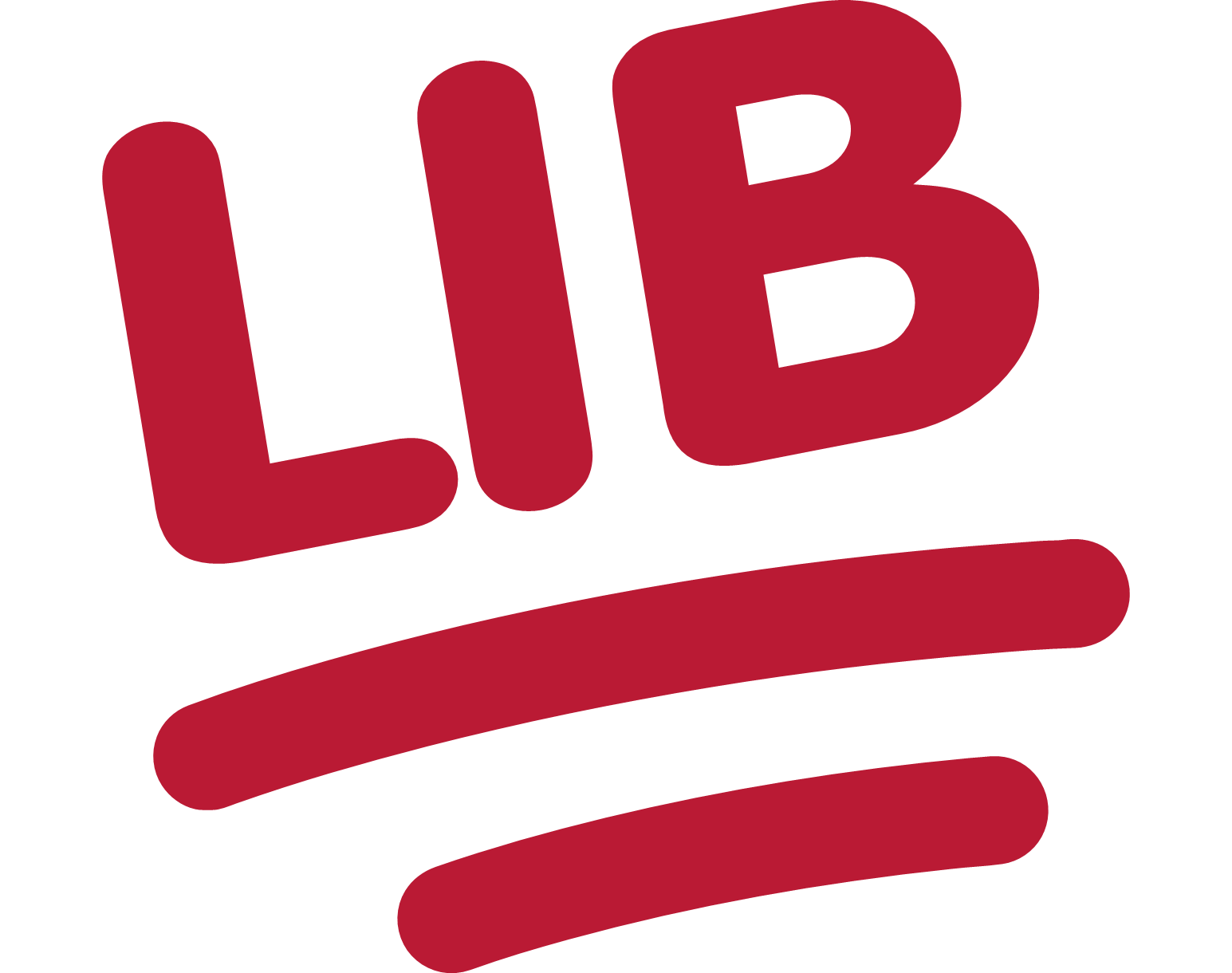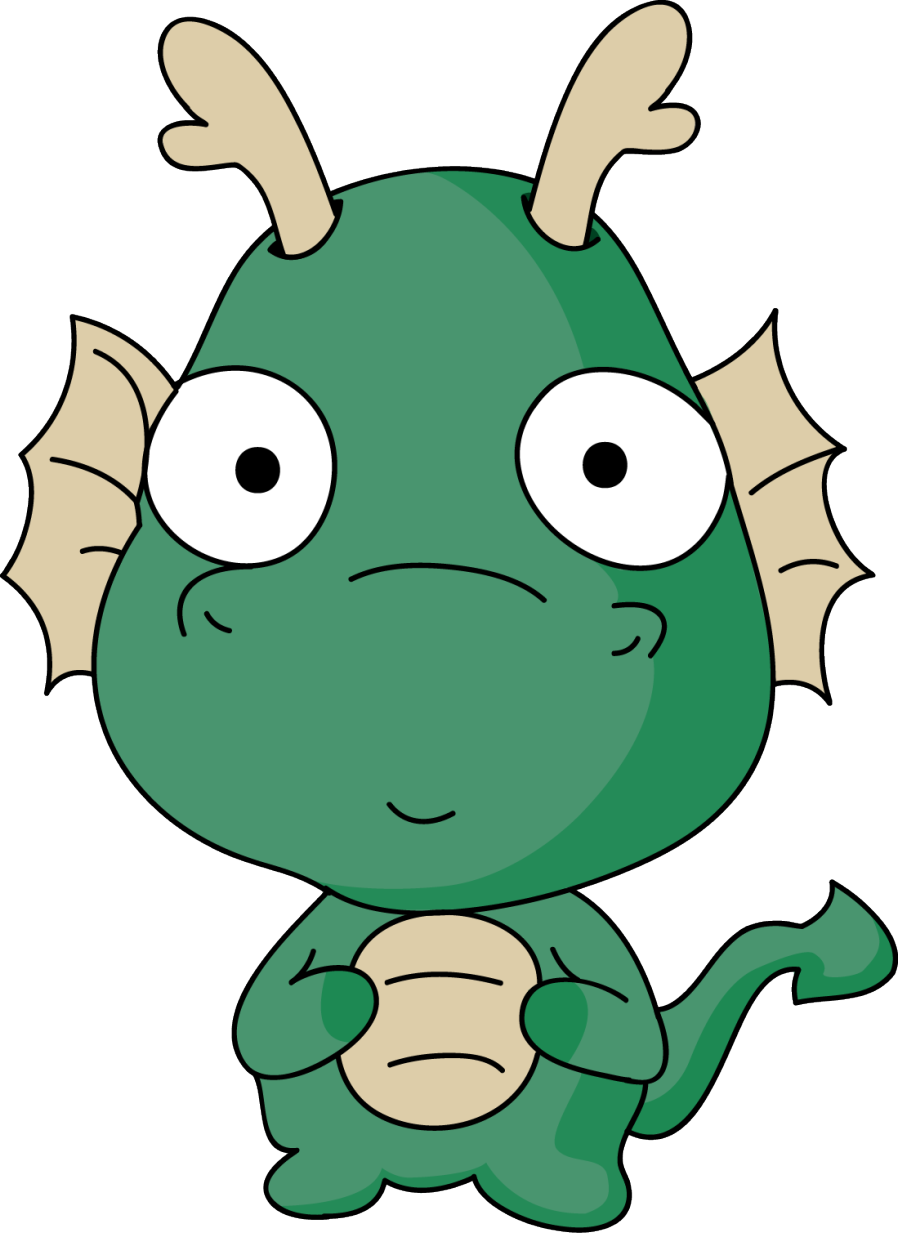Harry Potter and the Philosopher’s Stone
Harry Potter and the Chamber of Secrets
Harry Potter and the Prisoner of Azkaban
Harry Potter and the Goblet of Fire
What Is To Be Done?
How have I gotten the harry potter joke twice 😭
Start with Philosopher’s Stone, then move on to Chamber of Secrets, Prisoner of Azkaban, Goblet of Fire, and Order of the Phoenix.
This would be easier for me than starting to read theory becuase I already have these on my bookshelf! lol (and I hate reading things on the computer, so Im def getting physical copies of anything I can).
I already have these on my bookshelf!

I’m not going to burn books I already own! She already has my mom’s money!
 No half-measures Walter
No half-measures Walter
read the first 3 chapters of the conquest of bread and then have the audacity to style your account names after kropotkin
@p_k, paging @p_k.
The Origin of the Family, Private Property, and the State is a work from Engels which is not necessarily complex. It’s almost a history text, in fact, and is a fascinating read. Most editions have a preface which goes over the since -corrected ‘facts’ on which Engels based his conclusions (He was writing just after of the industrial revolution after all).
This work will allow you to draw simple straight lines from historical trends to current phenomena in ways you may have never thought before.
What is the relationship between the monogamous (for the woman, at least) family, private property, and in return the enslavement of women?
I should read it again
I really like Engels’ Socialism: Utopian and Scientific. It’s short and it introduces you to historical materialism very gently by contrast with utopian thinkers. It’s 3 chapters from the Anti-Dühring, which follows the same line but much more in depth and I also greatly recommend it.
- Das Capital Volumes 1-3. Core theory on the basic nature of capitalism and familiarity in the core terminology among anti-capitalist nerds. You get to choose whether this counts as 1 or 3.
- Imperialism: The Highest Stage of Capitalism by our good friend Lenin. Good for understanding the core ideas of imperialism and a verified theoretical extension to Das Kapital.
- Blackshirts and Reds by our good friend Michael Parenti. A good overview of the 20th century that agitates for questioning dominant liberal media narratives on the nature and history of socialist movements.
- Blood in my Eye (George Jackson). Good balance for understanding the internal colonization framework useful for the Black Panthers et al. Valuable for an American perspective in particular as well as challenging your own ideas on what counts as adventurism vs. valuable direct action. Also elucidating on the military-industrial complex and the ties between capitalism and anti-blackness.
- Trans Liberation: Beyond Pink and Blue by comrade Leslie Feinstein. Comrade Feinstein exhibits a model for imperial core organizing that includes liberation struggle, is/was cool as shit, and was a member of a precursor to the PSL.
- Superimperimpeeralism by Michael Hudson. A reasonable political economic argument as to the self-serving nature of US foreign policy, including its international financial and military tools.
Of course there’s much more to read and talk about, but these are a good foundation for any imperial core commie.
Edit: Fanon, so hot right now. The Wretched of The Earth is required reading right now.
Edit 2: I made 7 recommendations lol sorry
do not start with das capital. That’s like telling someone who wants to learn maths to start by reading Newton’s principia
Das Kapital is much easier to digest than Principia. I have yet to have anyone irl give up on it when I have them read it.
I tried to read it as a first book and it was way too dense for me. It’s a book that needs a primer and background knowledge of the subject first
People have responsibilities and things going on in their life that make sifting through abtruse German philosophy a hard thing to devote the time to do. Capital is not a book I think is a helpful suggestion for a beginner
Disagree with Dad Kapital. That shit is way too dense for someone that needed a bet to read theory. Marx Madness or some other synthesis could be good, but I still find Kapital to be pretty unimportant for how hard it is to read. Kapital is pretty much communism’s versions of mathematical proofs. There’s nothing in Kapital that Lenin or Mao don’t say in 1/10th of the time.
Speaking of shit that’s way too dense Simalcra and Simulation by Baudrillard is fire. Bro definitely caught his pen on fire
If you don’t read Das Kapital, you don’t understand Marxism but are instead gleaning it from other sources that only partially cover it, generally for the purposes of their own applications. A lot of people do just go with Lenin or Mao and then constantly fuck up because they do not in fact live in conditions where there’s a substantial peasantry or a monarchy. Once they realize this, they don’t know what to do - how to “update” Marxism, as well as how to criticize it. IMO this is also why Trots and Gonzalites and so on can proliferate so easily. I have yet to see a Trot reading list that includes Das Kapital, but they all call themselves Marxists. A large number that I’ve interacted with don’t even know the basics.
It’s also not very dense, it’s just tragically German. Once you get used to the writing style and maybe a little Hegel it’s a fairly quick read. The real barrier, to the extent that there is one, is just to set aside reading time at all.
This is where I like Carlo Cafiero’s summary of Capital. Endorsed by Marx himself! Yeah, Das Capital is literally a from-first-principles philosophical work, reading it is basically a semester worth of work https://www.marxists.org/archive/cafiero/1879/summary-of-capital.htm
Yo how did you ask for a reading list and I didn’t think to link the one I use??
https://en.prolewiki.org/wiki/Category:Crit's_absolute_beginner_reading_list
Related to Kissinger (US imperialism) or just theory in general?
If the former, Michael Hudson’s Super-Imperialism should be essential reading for every leftist at this point given the recent global events.
If latter, Lenin’s State and Revolution and Imperialism: the Highest Stage of Capitalism are a good start.
If you’re into this kind of thing, I’d also suggest Mao’s Selected Works (whom I’ve come to appreciate recently) when it comes to anti-imperialist and anti-colonial struggle in the developing world, which fills a gap less developed by the Russian theorists.
For a more recent work, I highly recommend Clara Mattei’s The Capital Order (2021), which is probably one of my favorite books in recent years. This is only her first book, and a sequel is in the work, but I have a feeling that she’ll end up being one of the best theorists of our generation. I am that impressed.
I meant in general. The “bet” was once he died I had to stop running on vibes and learning from discourse (tbf to me, learning from discourse is how my brain operates) and actually form my own foundation of theory lol.
If you wanna read stuff and comment on it together, I’d join your reading group.
In that case, my recommendations (all 5 books) still remain unchanged. I think it’s a good mix of political and economic theory, and selected for their relevance to present day events i.e. you will be able to easily apply those knowledge to understand what is happening around the world today.
Agree about Clara Mattei. That book is an excellent and original bit of scholarship on a subject that really doesn’t get discussed enough on the left, given the enormous impact of monetary policy on working people.
I’m a big fan of Lenin’s, What is to be Done?
I’m decently sure I want to start with Reform or Rev and State and Rev, but I’m interested in other suggestions. Also I have been warned away from starting with Kapital lmao
state and rev is cool because it just suddenly ends with like AN: brb gonna go do lenin shit
Honestly Das Kapital isn’t NEARLY as hard to read as you’d assume a 19th century economics book by some German guy is.
He repeats concepts a lot… too much sometimes lol. Like fuck me Karl yeah I understood the Labor Theory of Value ten chapters ago.
Definitely should be somewhere earlyish on your list - so much else references it.
The best beginner theory book is Socialism: Utopian and Scientific. Its short and lays the foundation for basically everything else you’ll ever read. Its the history lesson the world needs. State and Rev was the first theory I ever read but I didn’t get as much out of it as I could have.
Disclaimer: I’ve read a ton of theory over the last year.
My recs for an easy intro are Principles of Communism, Blackcoats and Reds, State and Revolution, and of course, the Manifesto(but Engels is easier to read than Marx and the Manifesto is heavy on Marx-speak). Toss in Wage Labor and Capital, The Origin of the Family, Private Property and the State, and maybe Reform or Revolution. That will probably give you a well rounded idea of what socialism really is, why we need to be revolutionaries, why the nuclear family is essentially an arm of capitalism, and also you get a sprinkling of what praxis looked like in the past.
These are all shorter books and even if you aren’t a heavy reader, I think they are fairly easy to digest, save for Luxemburg and Marx. Parenti is especially easy to read since his stuff is more recent.
Eventually it might also do you some good to read a bit of Mao or Stalin’s stuff on Material and Historical Dialectics. It was hard to understand at first for me but the more I worked it out, the easier it was to learn and now I even find myself looking at a lot of things happening around us from a dialectical lens, so to speak.
read wretched of the earth its good, and maybe like the fundamentals of leninism if you are an ML
deleted by creator
bookmarking this thread so fast.
random, user-friendly, surface level stuff:
Lenin, State and Revolution and April Theses. Imperialism is very good, but it’s not user-friendly and I’d just recommend a youtube video on it instead.
Pannekoek, Worker’s Councils
Kropotkin, Conquest of Bread
Chomsky, Manufacturing Consent
The fifth book is reader’s choice:
Brady, Spirit and Structure of German Fascism
Rodney, How Europe Undeveloped Africa
Klein, Shock Doctrine
Graeber, Debt
Bukharin, ABCs of Communism
Berkman, ABCs of Anarcho-Communism
Peck, Washington’s China
Reform or Revolution, State and Revolution, Imperialism:highest stage of capitalism, Wretched of the Earth.


















